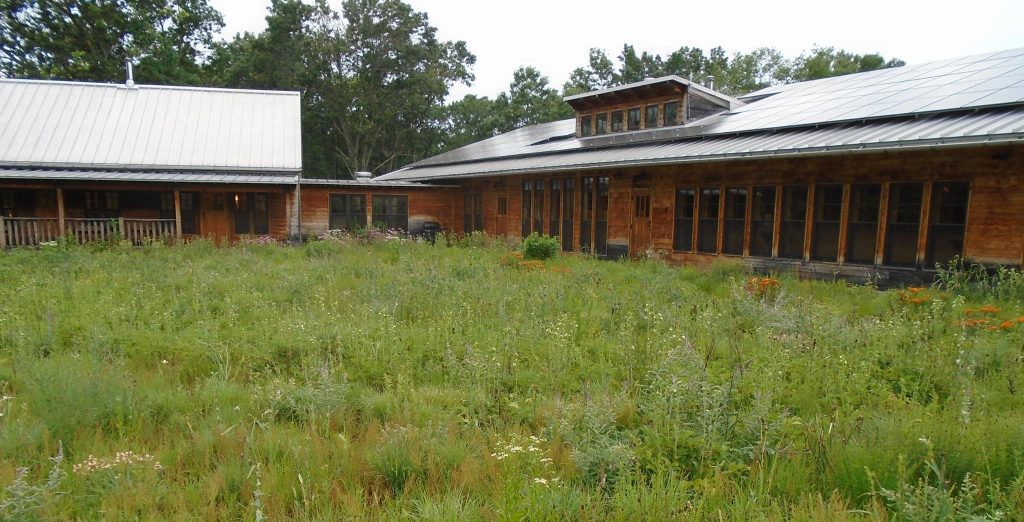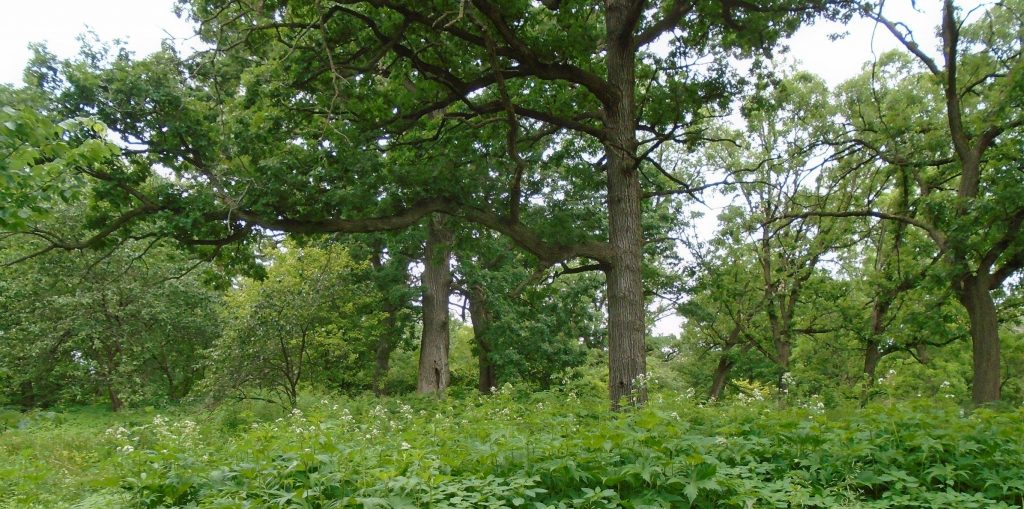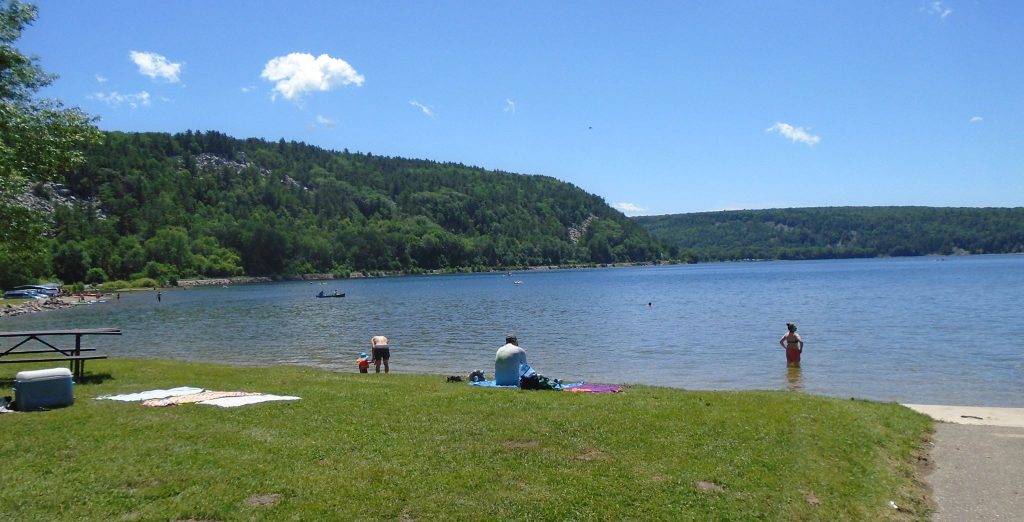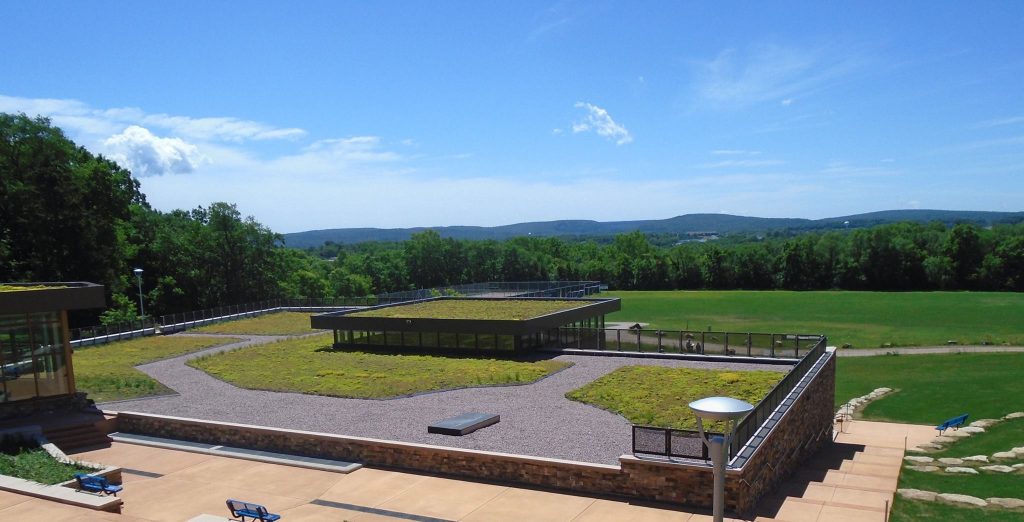Continuing with the Aldo Leopold conference, I was making notes on the speakers and thinking not only about what they were saying but also on some tangents. The main talks yesterday were about watersheds and how it makes more sense to avoid pollution upstream than to clean it up down. Of course we talked about fertilizers and herbicides washing into streams and ordinary sediment remains a big challenge.
We talk about externalities, i.e. results that one persons or organization imposes on others. Smoke from a factory is an externality. The owner keeps the profit partly at the expense of others (i.e. smoke), and we most often think of externalities as costs. But there are also external benefits. A forest owner, for example, creates positive externalities, like better quality water, air, wildlife habitat, that benefit the wider community at his expense. These benefits are rarely appreciated until they are threatened.
Economists dislike externalities because they are hard to measure and tend not to fit into models very well. In less dense systems we can often ignore them as factors. But they are coming more into focus as we live closer.
Consider a case study of smoke, not from factories but from prescribed burning. Prescribed burning creates many benefits for the wider community in that it protects resources, provides wildlife habitat and helps prevent wildfires. But the smoke and potential danger are what people see and feel more immediately. The benefits far outweigh the costs, but the benefits are slow acting and almost invisible, while the costs are in your face.
I am not generally in favor of the idea of quantifying ecological services very precisely, since that reduces nature to just another commodity, but we do need to think more about it in general. If we want to continue to enjoy the ecological services land provides, we do need to create decent incentives to keep them. Some people’s first response – and too often last – is to make laws and regulate. There is a place for this, but regulation tends to stop BOTH negative responses and positive ones. We need the stick, but also the carrot.
Farmers do not want to apply more fertilizer than they need, since it costs money and time, and no land owner wants erosion to wash his dirt down the river, but sometimes they do not know or cannot afford better methods. The carrot is education and cost shares. Just as we have right to complain about externalities that bother us – make polluters pay – we have a proactive duty to help facilitate and pay for those that benefit us.
My photos show the Aldo Leopold Center near Baraboo, a view from the cafeteria at UW Sauk County, where the conference was held (notice the green roof) and Devil’s Lake nearby. The last photo is left over from my Madison visit. It shows from nice old bur oaks. They need to burn under them, as I learned talking to folks at the Arboretum and they have plans to do it, but it is close to houses and the neighbors are unenthusiastic about the smoke. These are the externalities I am talking about. Everybody likes the natural beauty and they came for that, but the natural process needed to keep it is less pleasant.




